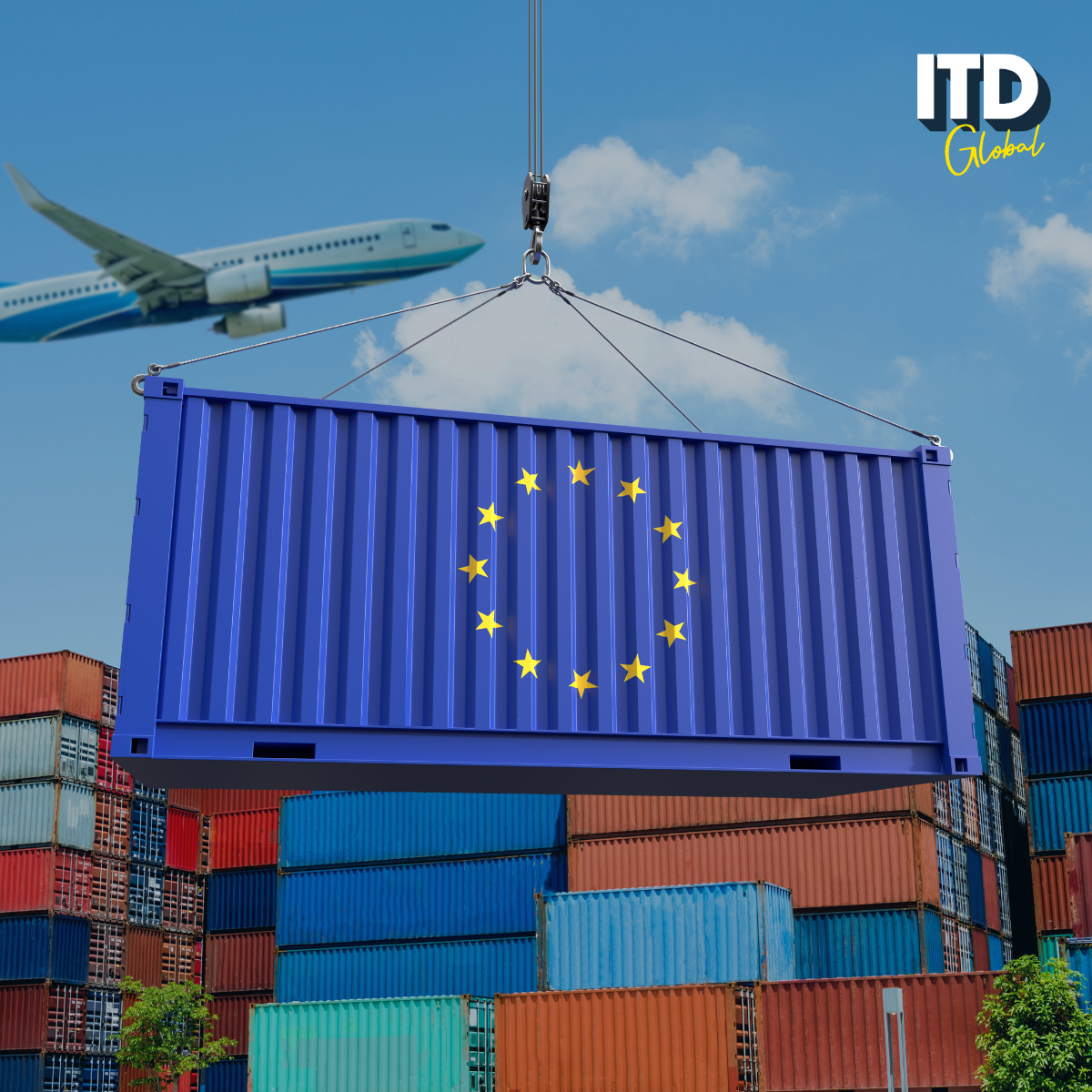In a bid to streamline VAT (Value Added Tax) collection for cross-border e-commerce transactions within the European Union (EU), the Import One-Stop Shop (IOSS) was introduced on July 1, 2021. This innovative system has brought about significant changes in how businesses manage VAT obligations when selling goods to EU consumers. Let’s delve into what IOSS entails and how it’s reshaping the landscape of international online sales.
What is IOSS?
IOSS is essentially a simplified VAT collection mechanism designed to facilitate the process for businesses selling goods to EU consumers from outside the EU. Prior to its introduction, businesses were required to register for VAT in each EU member state where they sold goods, leading to complex administrative burdens and compliance issues, especially for smaller enterprises.
Under IOSS, businesses can register for a single VAT identification number (IOSS number) in one EU member state. This enables them to collect, report, and remit VAT on eligible transactions for all EU member states where their goods are sold. Essentially, it allows businesses to fulfill their VAT obligations through a single electronic portal, significantly reducing administrative complexities.
Key Features and Benefits
Simplified VAT Compliance: IOSS simplifies VAT compliance by consolidating the process into a single registration and reporting mechanism. This saves businesses valuable time and resources that would otherwise be spent navigating varying VAT regulations across multiple EU jurisdictions.
Cost Savings: By eliminating the need to register for VAT in each EU member state, businesses can reduce administrative costs associated with compliance. This is particularly beneficial for small and medium-sized enterprises (SMEs) looking to expand their cross-border e-commerce operations.
Enhanced Customer Experience: With IOSS, customers benefit from a smoother purchasing process, as VAT is collected upfront at the point of sale. This helps prevent unexpected charges upon delivery and contributes to a more transparent and seamless shopping experience.
Reduced Risk of Non-Compliance: IOSS helps mitigate the risk of non-compliance by providing a standardised framework for VAT collection and reporting. Businesses can avoid potential penalties and legal issues associated with incorrect VAT declarations or late payments.
Options for Sending from GB to the EU
IOSS Self-Registration: The UK seller can independently register for VAT through a third party, collects VAT and completes monthly tax returns.
Selling via a Marketplace: If you are selling through a marketplace like Amazon, eBay, Etsy and NotOnTheHighStreet, they have probably already registered for IOSS. In that case, you simply need to ensure that you include their IOSS number, along with all the standard customs data, in the pre-advice for the items sold through that marketplace.
Assisted IOSS Solutions: The UK seller can use a trusted partner for either
A) assisting with registration and tax return completion.
B) handling EU VAT compliance entirely on behalf of the seller.
This simplifies the process of collecting and remitting VAT on B2C items valued up to €150.
New Regulations and Compliance Requirements
While IOSS offers numerous advantages, businesses must adhere to certain regulations and compliance requirements to leverage its benefits effectively. Some key considerations include:
Registration: Businesses selling goods to EU consumers with a value not exceeding €150 per consignment can opt to register for IOSS. Upon registration, they receive an IOSS number, which must be included on customs declarations and shipping documentation.
VAT Collection and Reporting: VAT must be collected at the point of sale and declared and remitted to the appropriate tax authorities via the IOSS electronic portal. Detailed records of transactions must be maintained for auditing purposes.
Goods Eligibility: Only goods imported into the EU with a value not exceeding €150 are eligible for IOSS. Items such as alcohol, tobacco, and certain excise goods (energy products) are excluded from IOSS and may be subject to alternative VAT arrangements.
Compliance Monitoring: Tax authorities closely monitor compliance with IOSS regulations to ensure accurate VAT reporting and payment. Businesses should stay informed about any updates or changes to IOSS requirements to maintain compliance.
Next Steps:
IOSS Registration: https://www.gov.uk/guidance/register-for-the-vat-import-one-stop-shop-scheme
Up-to-date Info: https://vat-one-stop-shop.ec.europa.eu/index_en
Conclusion
IOSS represents a significant step forward in simplifying VAT collection for cross-border e-commerce within the EU. By providing businesses with a centralised mechanism to fulfill their VAT obligations, IOSS promotes efficiency, transparency, and compliance in the digital marketplace. As e-commerce continues to thrive globally, understanding and leveraging IOSS can empower businesses to navigate the complexities of international trade successfully while providing consumers with a seamless shopping experience.

